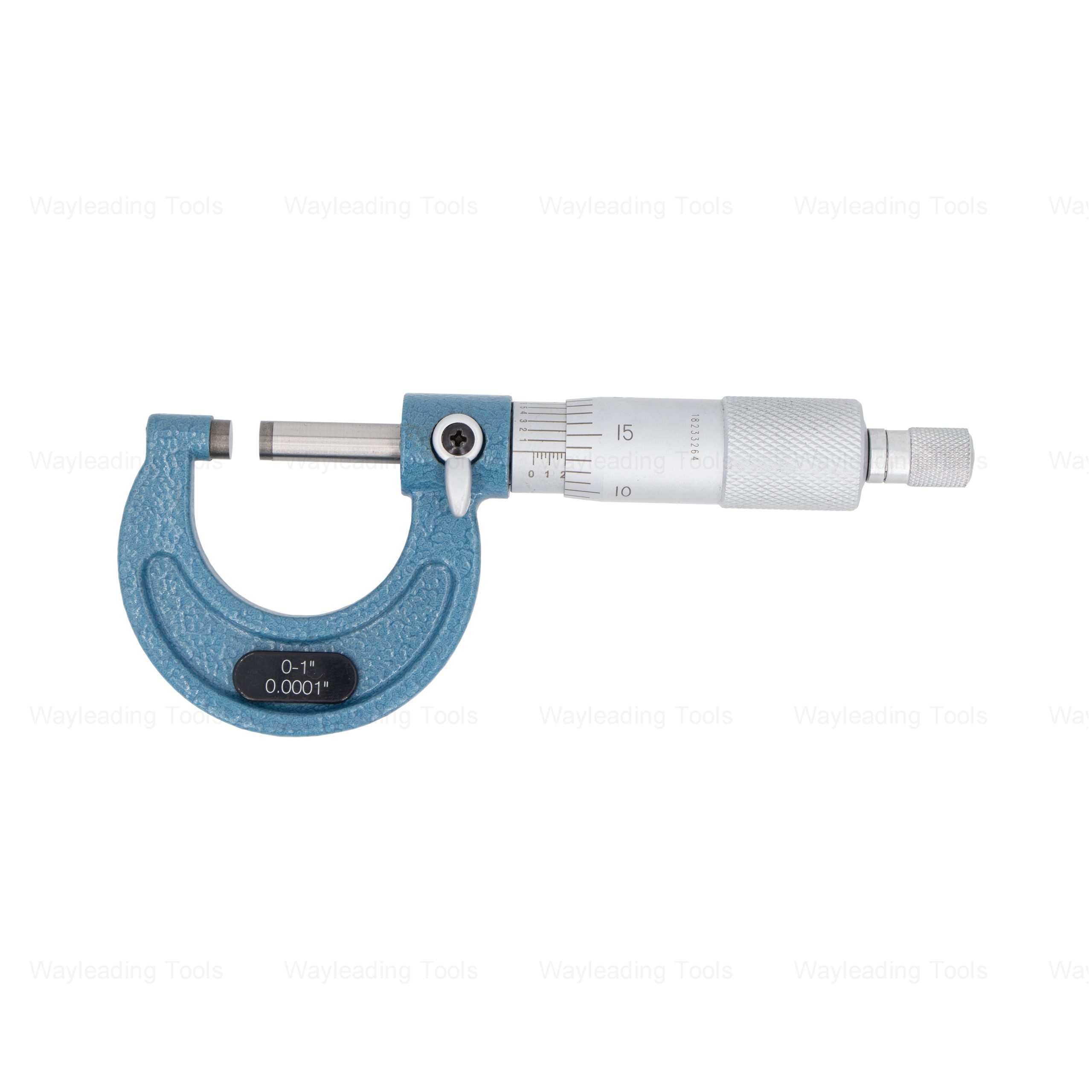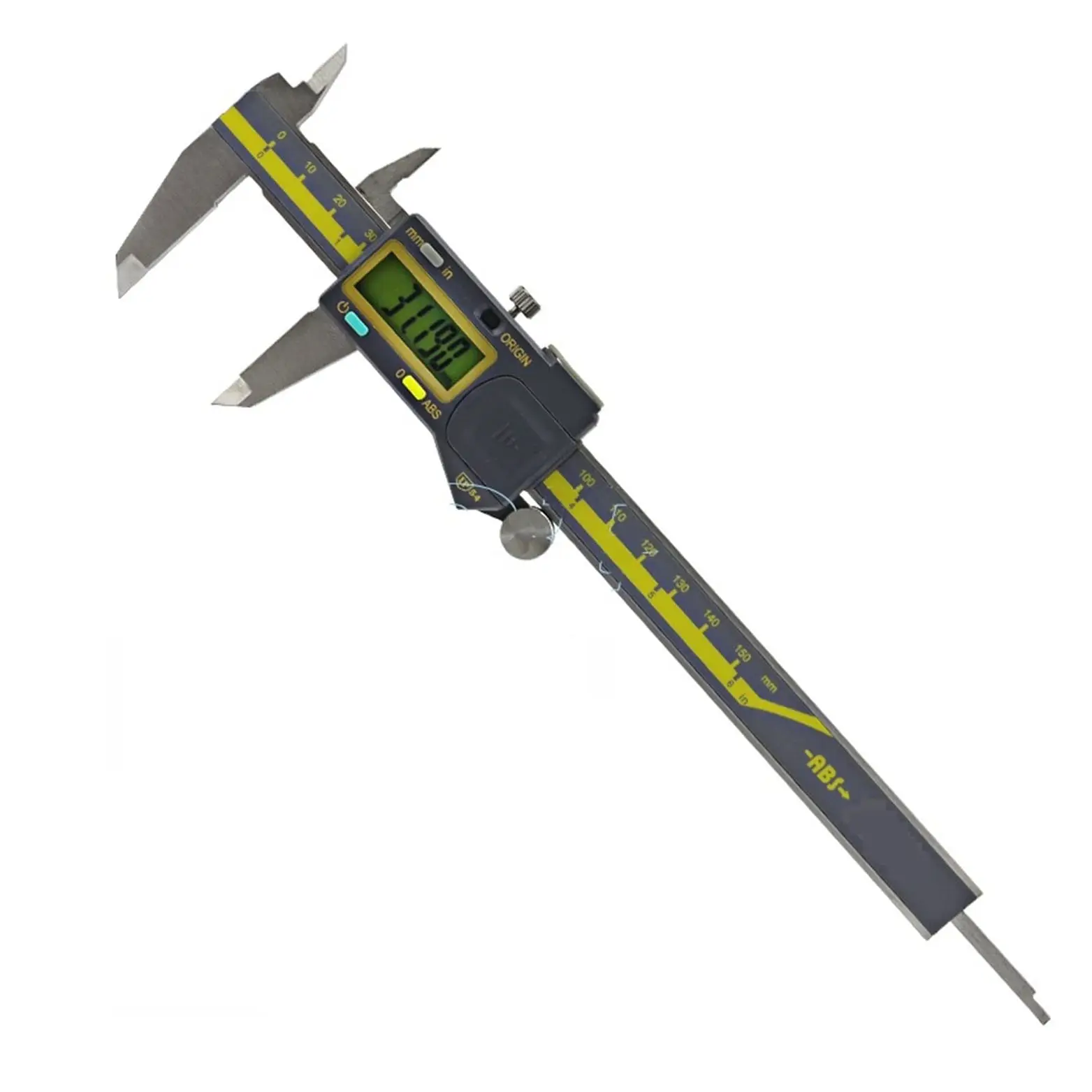metal threading tool Supplier
Choosing the right metal threading tool supplier is crucial for ensuring the quality and efficiency of your projects. This comprehensive guide explores the different types of threading tools, key factors to consider when selecting a supplier, and tips for finding a reputable partner to meet your specific needs. From manual taps and dies to advanced CNC threading solutions, discover the resources and insights necessary for making informed decisions.
Understanding Metal Threading Tool Basics
Metal threading tools are used to create screw threads on metal workpieces. These threads allow for fasteners (like screws and bolts) to be securely attached, or for components to be precisely joined. There are several common types of metal threading tools, each suited for different applications.
Types of Metal Threading Tools
- Taps: Used to cut internal threads (e.g., inside a nut or hole). Different types of taps exist, including:
- Hand Taps: Used manually with a tap wrench. Typically sold in sets of three (taper, plug, and bottoming).
- Machine Taps: Designed for use in power tools or CNC machines.
- Spiral Point Taps: Push chips ahead of the tap, ideal for through holes.
- Spiral Flute Taps: Pull chips back from the tap, better suited for blind holes.
- Dies: Used to cut external threads (e.g., on a bolt or rod). Common types include:
- Adjustable Dies: Allow for slight adjustments in thread size.
- Solid Dies: Fixed thread size.
- Threading Inserts: Used in CNC machines for single-point threading operations. These inserts offer high precision and repeatability.
- Thread Mills: Another CNC machining option. These allow threading blind holes to the bottom and can produce tapered threads.
Factors to Consider When Choosing a Metal Threading Tool Supplier
Selecting the right metal threading tool supplier is important for your project's success. Here are some key factors to consider:
Product Quality and Range
The supplier should offer high-quality tools from reputable brands. Look for suppliers who provide a wide range of tools to meet various threading needs, including different sizes, materials, and thread types (e.g., Metric, Imperial, NPT).
Material Expertise
The type of metal being threaded significantly impacts the choice of tool. Your supplier should have knowledge of the best materials (e.g., high-speed steel (HSS), cobalt, carbide) for different applications. For example, stainless steel requires tools with higher heat resistance and lubricity.
Technical Support and Expertise
A good supplier should provide technical support and advice to help you select the right tools for your specific application. They should be able to answer questions about threading techniques, cutting fluids, and troubleshooting common problems. This expertise is crucial, especially when working with challenging materials or complex thread designs.
Pricing and Availability
Compare prices from different suppliers to ensure you're getting a competitive deal. Consider the overall cost, including shipping and handling. Check the supplier's inventory levels and lead times to ensure they can meet your project deadlines. Wayleading Tools, a leading metal threading tool supplier, offers competitive pricing and quick turnaround times.
Reputation and Reliability
Research the supplier's reputation by reading online reviews and checking their customer testimonials. Look for suppliers with a proven track record of providing quality products and excellent customer service. A reliable supplier will stand behind their products and offer warranties or guarantees.
Finding a Reputable Metal Threading Tool Supplier
Here are several methods for finding a reliable metal threading tool supplier:
Online Research
Use search engines like Google to find suppliers in your area or those who ship nationally or internationally. Visit their websites to learn more about their products and services.
Industry Directories and Trade Shows
Consult industry directories and attend trade shows to discover new suppliers and network with industry professionals. Trade shows offer a great opportunity to see tools in person and discuss your needs with suppliers.
Referrals from Other Professionals
Ask colleagues, contractors, or other professionals in your industry for recommendations. Referrals can provide valuable insights into a supplier's reliability and quality.
Top Considerations for CNC Metal Threading Tools
If you're using CNC machines for threading, here are additional factors to consider:
Insert Compatibility
Ensure the threading inserts are compatible with your CNC machine's tool holders. Check the insert's size, shape, and thread profile.
Coolant Delivery
Proper coolant delivery is essential for CNC threading. Look for tools with internal coolant channels to effectively cool the cutting edge and remove chips. Wayleading Tools' product line offers coolant-through options for enhanced performance.
Coating Options
Choose threading inserts with appropriate coatings for the material being threaded. Coatings like TiN (Titanium Nitride), TiAlN (Titanium Aluminum Nitride), and DLC (Diamond-Like Carbon) can improve tool life and performance.
Comparing Different Metal Threading Tool Materials
The material used to make a metal threading tool greatly impacts its performance. Here's a comparison of common materials:
| Material | Pros | Cons | Typical Applications |
|---|---|---|---|
| High-Speed Steel (HSS) | Affordable, good for general-purpose threading | Lower heat resistance compared to cobalt or carbide | Mild steel, aluminum |
| Cobalt Steel | Higher heat resistance than HSS, good for tougher materials | More expensive than HSS | Stainless steel, alloy steel |
| Carbide | Excellent heat resistance and hardness, long tool life | Most expensive, brittle | Hardened steel, cast iron, abrasive materials |
Tips for Using Metal Threading Tools Effectively
To ensure optimal performance and longevity of your metal threading tools, follow these tips:
- Use the Right Cutting Fluid: Select a cutting fluid specifically designed for the metal being threaded. Cutting fluids lubricate the cutting edge, reduce heat, and help remove chips.
- Apply Proper Pressure: Avoid excessive force when threading. Let the tool do the work. Too much pressure can damage the tool and the workpiece.
- Clean the Tool Regularly: Remove chips and debris from the tool after each use to prevent clogging and ensure clean threads.
- Store Tools Properly: Store tools in a dry, protected environment to prevent corrosion and damage.
Conclusion
Choosing the right metal threading tool supplier involves careful consideration of several factors, including product quality, range, technical support, pricing, and reputation. By following the guidelines outlined in this article, you can find a reliable partner who can meet your specific threading needs and contribute to the success of your projects. Wayleading Tools (www.wayleading.com) is a trusted supplier of high-quality metal threading tools, offering a wide range of products and expert technical support.
Disclaimer: While we strive to provide accurate information, it is always best to consult with a qualified professional for specific applications and tool recommendations.
Related products
Related products
Best selling products
Best selling products-
 Precision 10pcs & 12pcs Angle Blocks Set With High Quality Type
Precision 10pcs & 12pcs Angle Blocks Set With High Quality Type -
 5C Square Collet With Inch and Metric Size
5C Square Collet With Inch and Metric Size -
 Type K-90 Degree Cone Tungsten Carbide Rotary Burr
Type K-90 Degree Cone Tungsten Carbide Rotary Burr -
 Precision IP54 Digital Outside Micrometer Of Inch & Metric With Data Output
Precision IP54 Digital Outside Micrometer Of Inch & Metric With Data Output -
 25PCS DIN338 HSS Twist Drill Bit Set From 1-13mm
25PCS DIN338 HSS Twist Drill Bit Set From 1-13mm -
 HSS Threading Taps – ISO 529, Straight Flute, Spiral Flute & Spiral Point
HSS Threading Taps – ISO 529, Straight Flute, Spiral Flute & Spiral Point -
 3 Flutes HSS Chamfering Countersink Drill bitl With 60 And 90 Degree
3 Flutes HSS Chamfering Countersink Drill bitl With 60 And 90 Degree -
 HSS Inch 4 Flute End Mills With Bright Or TiN And TiAlN Coated
HSS Inch 4 Flute End Mills With Bright Or TiN And TiAlN Coated -
 Inch Solid Carbide Twist Drill With Internal Coolant & External Coolant
Inch Solid Carbide Twist Drill With Internal Coolant & External Coolant -
 Precision Vernier Caliper Of Metric & Imperial For Industrial
Precision Vernier Caliper Of Metric & Imperial For Industrial -
 Premium Outside Micrometer – Metric & Inch, Ratchet Stop, Industrial Grade
Premium Outside Micrometer – Metric & Inch, Ratchet Stop, Industrial Grade -
 HSS 3PCS DIN352 Hand Tap Set With Taper And PLUG Or Bottoming Tap
HSS 3PCS DIN352 Hand Tap Set With Taper And PLUG Or Bottoming Tap











